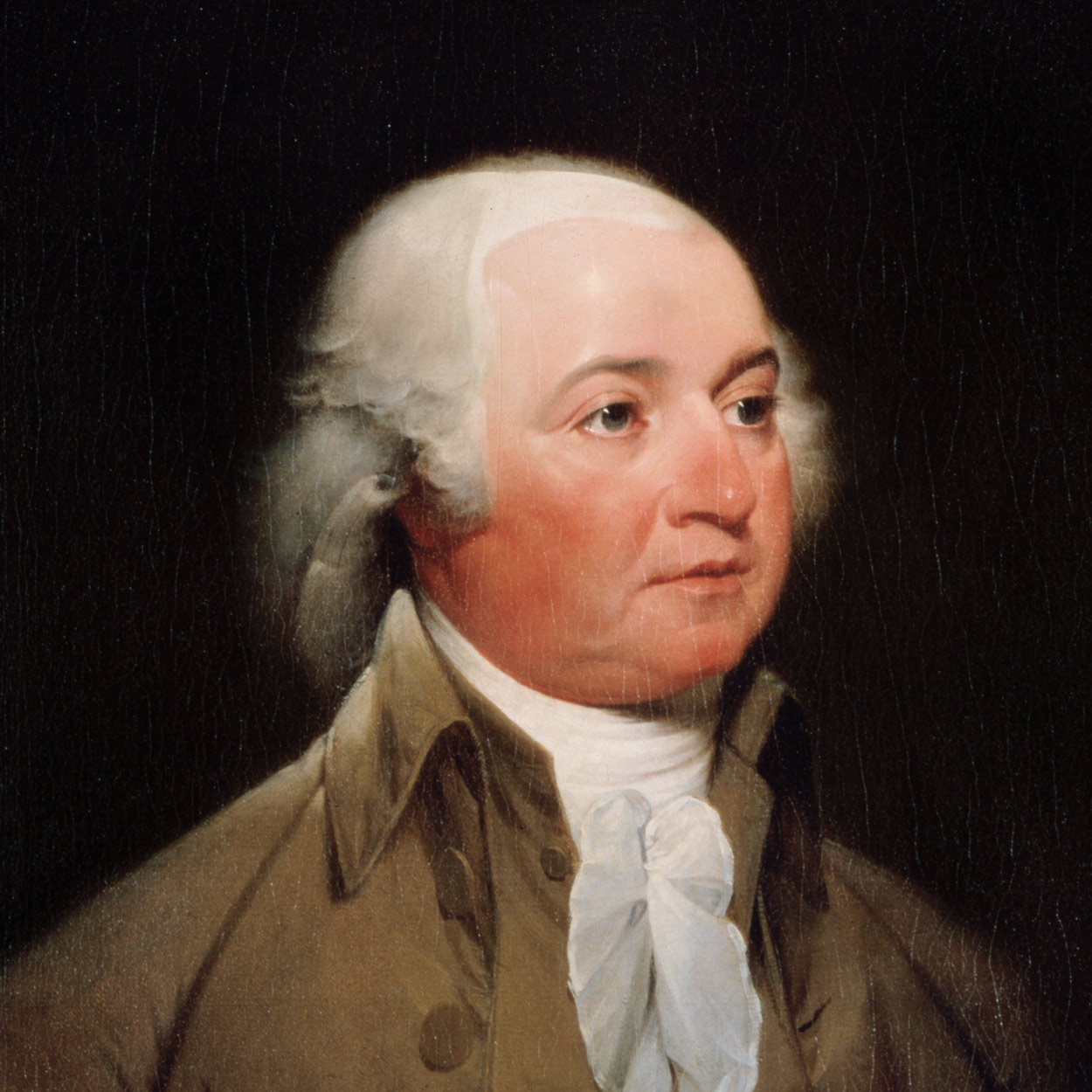
.png?width=1387&height=526&name=2023%20Blog%20Covers%20and%20In-Line%20Graphics%20(37).png)
Declare your Independence From Boring e-Learning
By Ethan Edwards | June 30, 2023 | Custom Learning | 0 Comments
No doubt in civic celebration (and the unfortunate but unavoidable appearances by politicians) we’ll hear plenty of references to the patriots who worked so diligently in the cause of independence.
I’ve noticed it has become commonplace to grab as allies in contemporary causes these wise people, long dead, whose words survive to lend weight in unlikely places. Not to be left behind, I’ve done some investigation on my own to discover what we can learn from our forbearers about e-learning. My reading suggests that these leaders were not so much focused on independence or politics, but rather on issues of effective instructional design and implementation.
Here are a few examples.

Bad seed is a robbery of the worst kind: for your pocketbook not only suffers by it but your preparations are lost and a season passes away unimproved.
– George Washington
Washington saw the real danger of buying into simplistic but empty shortcuts in e-learning. The lessons we develop are the seeds on which the future success of our organizations rests. Rushed and limited tools and solutions are appealing on the surface, but are not necessarily cheap and the long-term costs are extreme. In the pressures of immediate timelines, instructional designers spend precious current resources to churn out rapid instruction of ultimately little value. About the most you can say for it is that it exists. It’s easy to forget that such instruction not only represents squandered resources in the present but also wastes orders of magnitude more in the opportunity cost of letting important performance issues persist unchallenged in the workforce.

Old minds are like old horses; you must exercise them if you wish to keep them in working order.
– John Adams
Too often designers excuse text-bound e-learning as somehow acceptable to adults in learning situations because they are “professionals,” that reading should be effective, that they don’t want to “waste time,” etc. I’ve never really seen any evidence that supports that. Instead, adult learners continue to benefit from the same kind of constructivist learning activities that helped us as children. Even with adult learners, we need to provide opportunities for mental exercise—problem-solving, error correction, repetition, concrete activity, etc.—to maintain comprehension and expand competencies. Instructional interactivity that establishes Context, motivates through Challenge, incorporates meaningful Activity, and provides rich Feedback is necessary.

[Man] would rather be exposed to the inconveniences attending too much liberty than those attending too small a degree of it.
– Thomas Jefferson
Jefferson understood the significance of user control in e-learning design. One of the quickest ways to squelch effective thinking is to narrowly prescribe what a learner must do at every instant. Instruction, where progress and action are dictated to a high degree, puts the learner in the role of a victim or prisoner—a mindset that does not encourage personal growth or accountability. Designing e-learning with a maximum level of user control (combined with clear expectations and strong guidance when needed) actually is more motivating and involving.

We have too many high-sounding words, and too few actions that correspond with them.
– Abigail Adams
In other words, “telling ain’t teaching.” These are words we’ve all heard. Learning occurs through Action. Words, no matter how well framed, set in a legible font, or narrated with voice, will never take the place of well-planned challenging activities for learners to apply knowledge. Abigail said it well.

I didn’t fail the test, I just found 100 ways to do it wrong.
– Benjamin Franklin
Scores and grades have little to do with learning. They just give something concrete for administrators to shuffle around. They may have some usefulness in managing and recording progress, but they often represent relatively little about actual learning. Those things that are most telling in regard to effective teaching (what mistakes were made, what questions did the learner ask, what strategy was applied to solving the problem) are never captured in the simplistic measures that often substitute for meaningful evaluation.
So there you have it. The great thinkers of Colonial America already had e-learning figured out!
All joking aside, the underlying message here is that there is collective wisdom in your experience as an educator and in your knowledge of human nature and history. That is all part of what you must bring to your role of instructional design. Don’t abandon what you know to be true simply because the industry continues to try to convince you that e-learning is “new” and requires a specific piece of software, or a specific set of ideal templates, or some other such quick fix. By all means, explore the various authoring platforms and offerings for training support and employ what is useful. But don’t abandon the enduring foundation of what we know about human nature, behavior, and learning. To evoke one more influential Colonial writer, Thomas Paine, don’t forget your Common Sense.

About the Author: Ethan Edwards
Ethan Edwards draws from more than 30 years of industry experience as an elearning instructional designer and developer. He is responsible for the delivery of the internal and external training and communications that reflect Allen Interactions’ unique perspective on creating Meaningful, Memorable, and Motivational learning solutions backed by the best instructional design and latest technologies.
Comments
Would you like to leave a comment?
Related Blog Posts

By: Ethan Edwards | Oct, 2021
Category: Custom Learning, Strategic Consulting
.png?width=316&name=Services%20-%204%20lenses%20updates%20(1).png)
By: Ethan Edwards | Aug, 2022
Category: Custom Learning

By: Ethan Edwards | May, 2014
Category: Custom Learning
